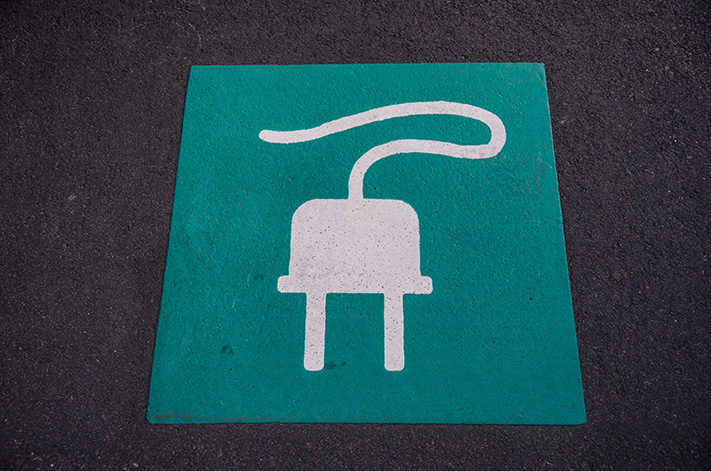The head of the world’s most successful maker of Electric Vehicles, the Nissan and Renault (plus Mitsubishi) Alliance, has admitted that no one really wants to buy EVs.
In a slap in the face for not only for Tesla, but himself, legendary company boss and straight talker Carlos Ghosn says sales are driven by a market force that simply does not exist in Australia – government incentives.
“EV sales are not driven by consumer demand, they’re not, consumer demand is very limited, they are driven by emission regulations and mainly by State and country incentives, which are pushing the consumer to buy them,” said Ghosn who is in Australia this week, partly to talk about the company’s latest tie-up with Mitsubishi.
“It’s very difficult to make an EV an attractive car without government subsidy, and people will say, ‘how can you support EVs if they’re going to depend on subsidies?’ But we need them, not for an infinite period of time, but just to jump start the sales, and when you get the scale you need then you can be on your own.

Ghosn said he’d heard nothing during his visit that made him think EVs would be succeeding in Australia any time soon. While he was aware that the Australian Government has pledged to announce a new policy on low-emission vehicles, he would be waiting to hear the details before celebrating.
“We are selling some (Nissan) Leafs, but not many, I think 600 cars in a market of 1.15million, we cannot say it’s mass market, it’s been a small quantity for people who are passionate about electric cars,” he smiled, ruefully.
The Alliance’s global leadership in EV sales – between Nissan, Renault and Mitsubishi it has now sold more than 420,000 of them globally – will come in handy as the world moves towards autonomous and connected cars, according to Ghosn, who says cars capable of driving themselves will soon be flooding the world’s streets.
“In the next five years we will see massive amounts of autonomy… the kind of cars that will allow you to drive, or to choose to have the car drive for you,” he said.
“By 2022, most of the cars on the street will have some kind of autonomy and some kind of connectivity, and the premium market is going to be totally autonomous and totally connected.”
The connectivity he’s talking about means being able to stream movies, or Netflix, to your car to entertain the driver and passengers, or the option of video conferencing on your way to work.

“Obviously this is of huge interest to the car makers because it means the car becomes an even more indispensable part of people’s lives. Obviously it’s an integral part now, but it’s only a device for getting your body from one place to another. Once we have autonomy and connectivity it becomes a mobile space.”He believes the final stage of evolution – completely driverless cars – are a few years further off, mainly due to difficulties with regulations and technology, but that companies like Apple, Google and Uber will all be going with EV power trains rather than internal-combustion engines, leaving his companies well placed.
Ghosn also predicts our roads will be “much, much safer” as autonomy becomes more common.
“Autonomous cars are safer, why? Because the main reason for car accidents is human mistakes; 90 percent of car accidents in the world are due to human error; people sleeping in the car, drinking and driving, not paying attention, texting.
“A car which has autonomous technology is driven by a computer, it respects all speed limits, stops at traffic lights, doesn’t sleep, doesn’t get drunk, doesn’t get distracted.
“We think it’s going to be a breakthrough in terms of road safety.”
The question is, of course, will anyone actually want a car like this, or will government incentives, and regulations, leave us with little choice?





